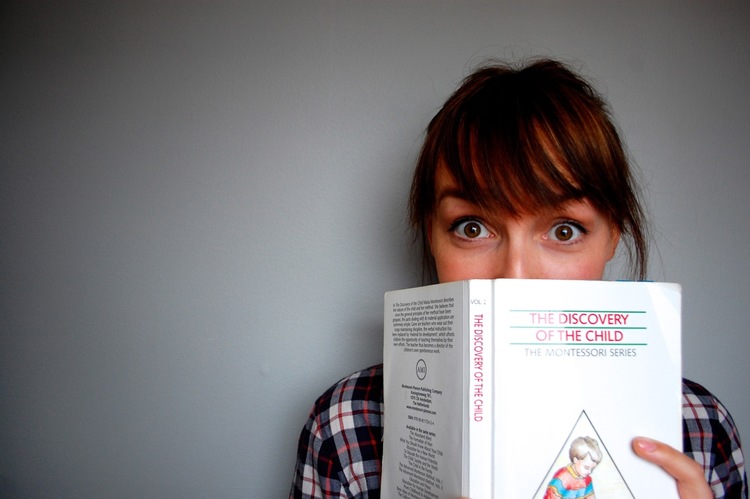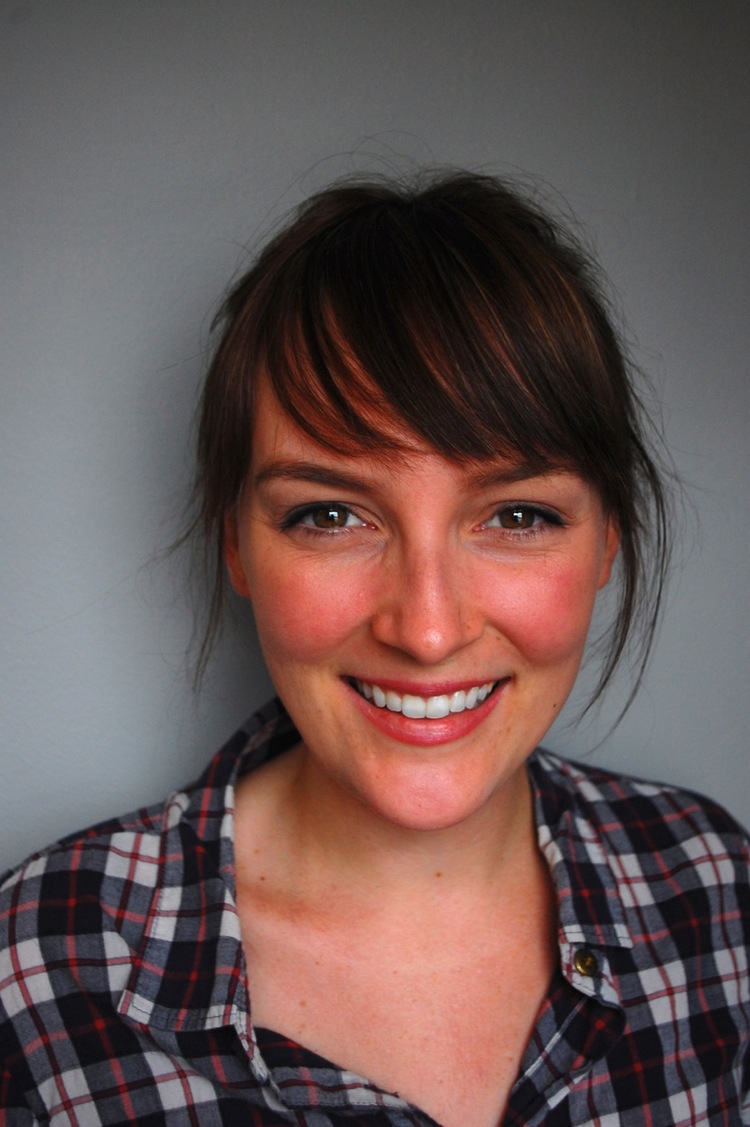Spotlight Samantha Cedarleaf
Spotlights
We couldn’t be more excited to introduce you to Samantha Cedarleaf. Here’s her biography: “I’m an AMI-certified primary directress. I run a little Montessori school in a big city.” Yes, we know, her biography hooked us too! Now, for hook, line and sinker. Location? Where else, but Brooklyn, NY. We have a feeling that Samantha is just getting started!
Q: Can you tell us a little bit about yourself? Your background, your interests, your dreams?
A: My Montessori journey began in 2004 when my family helped start a Montessori school in Kampala, Uganda. We were in the process of adopting my little brother and we met a woman who had been trained in the Montessori method in London. I had a vague idea of what Montessori was but didn’t really learn more until 2008 when I got more involved with the school in Kampala.
I realized that I needed to be trained so I took a correspondence course with the North American Montessori Center and received a primary diploma from them. When I did more research about Montessori I heard about the AMI and a woman named Lynne Lawrence. I heard about her work with Montessori schools in Kenya and Tanzania and decided that I wanted to be trained by her.
I moved to London and was part of the 96th course at the Maria Montessori Institute. My dream is to help spread AMI Montessori to Uganda, but in the meantime I’m living and working in Brooklyn. I started a little school with just a few children in my neighborhood and I love it!
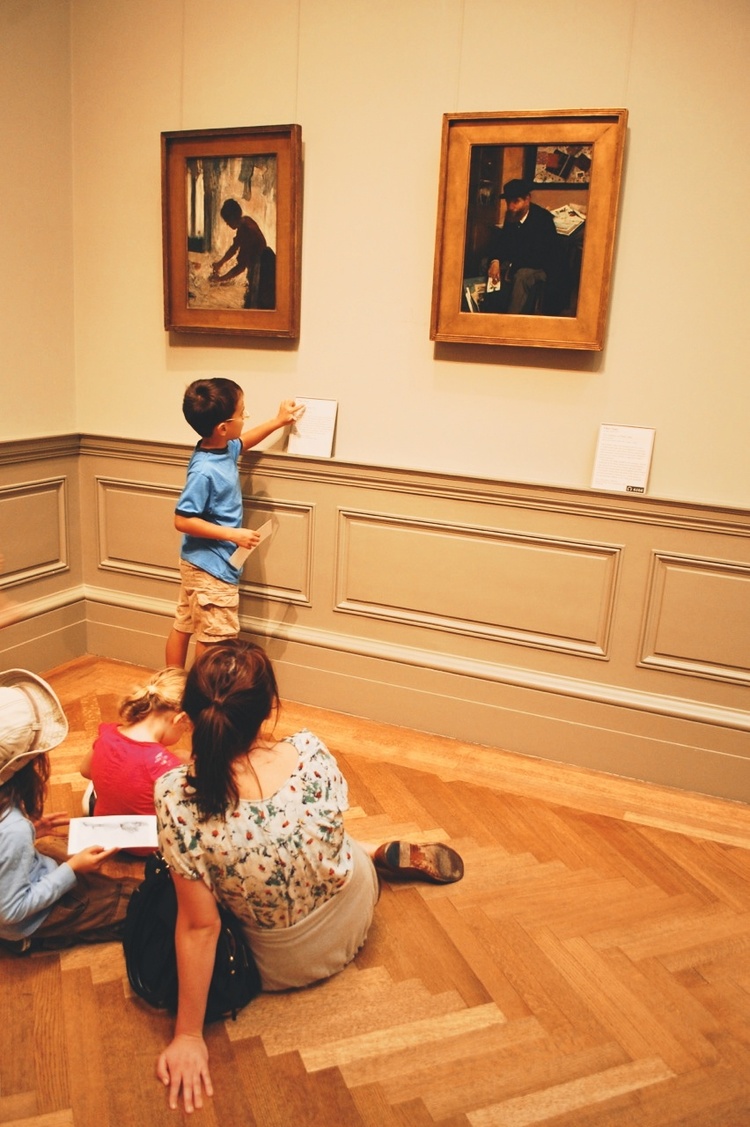
Q: Now that the hardest question is out of the way: What’s your favorite color?
A: I can’t pick just one! Can a sunset be my favorite color?
Q: Do you have a favorite book? How about a film?
A: My favorite children’s book is Miss Rumphius. I get choked up every time I read it. And I have too many favorite movies. “What About Bob” and “Waiting for Guffman” are in my top 10 for sure.
Q: When you close your eyes late at night, and imagine waking up and starting a new adventure: what is that adventure?
A: I would love to be working in East Africa helping people start Montessori schools and training programs. It would be amazing to be a part of something that could transform the lives of so many children!
Q: Can you tell us about your hobbies?
A: Since I started my own school I spend most of my spare time working! I make a lot of materials for my class, and I love to write and illustrate reading booklets for my students. I also love to explore the City but I don’t cross the bridge to Manhattan as often as I’d like. When I do, I often take a sketchbook to the MET and draw for a few hours.
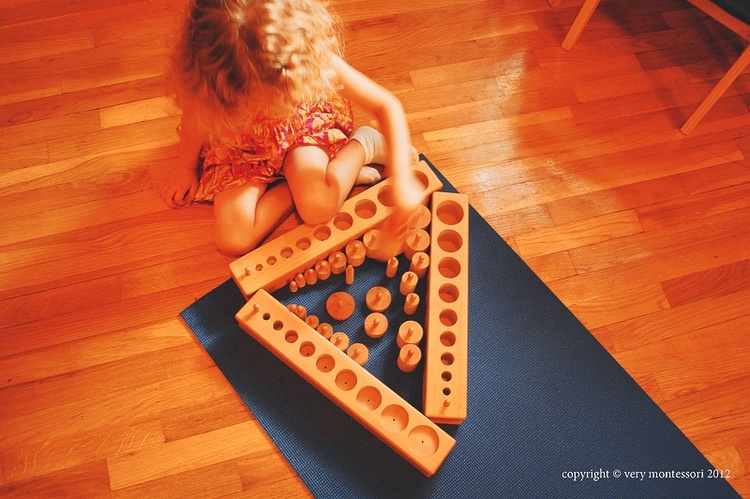
Q: Switching to Montessori, what advice do you have for new Montessori schools?
A: I’d say that the most important thing is to find parents who are excited about the Montessori method. The first year is really challenging for all sorts of reasons and if you can eliminate the challenge of convincing skeptical parents, then do it!
Q: With that in mind, we suppose the same question can be applied to established Montessori schools.
A: Since I’m only in my second year I’m not sure I’m the best person to give advice on this. But the biggest lesson I learned from last year is to communicate with parents, but not to overdo it. I’ve found that parents don’t necessarily want a minute-by-minute log of what their children did at school. They just want to know their children are happy and learning.
Q: How have things changed since you first got started in the field of education?
A: I’m still a rookie so I’m not sure! ;)
Q: Did you have a “Montessori Moment”?
A: I think the moment I was truly convinced that Montessori is the BEST and ONLY way to educate young children was the first time I observed in the Children’s House at the Maria Montessori Institute. I really couldn’t believe my eyes.
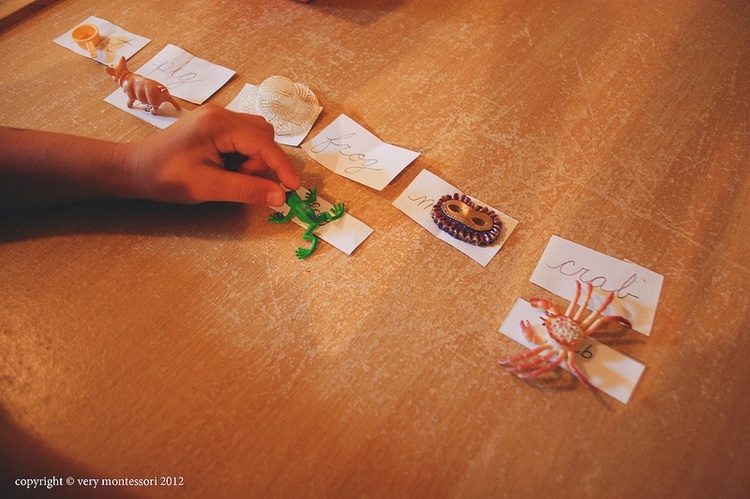
Q: What’s your favorite Montessori quote?
A: The first quote that ever struck a chord with me is from the Discovery of the Child: “She cannot understand her apparently passive role, which is like that of an astronomer who sits fixed at his telescope while the planets go spinning around. It is very difficult to assimilate and to put into practice the idea that life and all that is connected with it go on by themselves, and that it must be observed and understood without intervention if we wish to divine its secrets or direct its activities.”
And another favorite is from the Absorbent Mind: “The teacher of children up to six years of age knows that she has helped mankind in an essential part of its formation. She is happy in the knowledge that in this formative period, they were able to do what they had to do. She will also be able to say, ‘I have served the spirits of those children, and they have fulfilled their development, and I kept them company in their experiences.'”
Q: What do you think is the best introduction to Montessori?
A: I think there are two important ways to get to know Montessori: The first and most profound is to see Montessori children in action. Nothing can compare to it! The second is to read about it. E.M. Standing’s Maria Montessori: Her Life and Work is an excellent introduction.
Q: What continues to inspire you about Montessori?
A: During my training I was really into the theory of the Method. I wasn’t concerned so much with the practical details. But when I opened my school I was forced to really dive head first into the practice. I was amazed to see everything that I had read about happening before my eyes. The method was materialized right in my own classroom and it is every single day.
Q: How do you feel your school has impacted your community?
A: I feel like I’ve found a great group of families who are excited and passionate about their children’s education. We’re becoming Montessori evangelists to our little neighborhood in Brooklyn!
Q: What kind of legacy would you hope your school will impart to students?
A: My greatest hope for my students is that they would grow up to be compassionate, independent, and thoughtful contributors to their families, then to their neighborhood, then to our city, then the world.
Q: In what ways do you envision the future of education?
A: Just from my interactions with parents in my neighborhood I’ve sensed that people are no longer satisfied with the status quo. I know several people who have pulled their children out of public schools and are beginning to educate them at home. I hope that this dissatisfaction will lead to a revolution in how we educate our children. I think we need to return to the most important factor in education, the one that seems to have been ignored the most — the child.
You should follow Samantha on Twitter: @verymontessori
We hope you’ve enjoyed Spotlight Samantha Cedarleaf.
Written by:
Baan Dek
